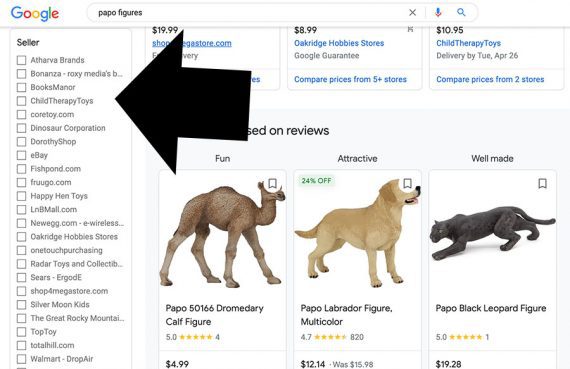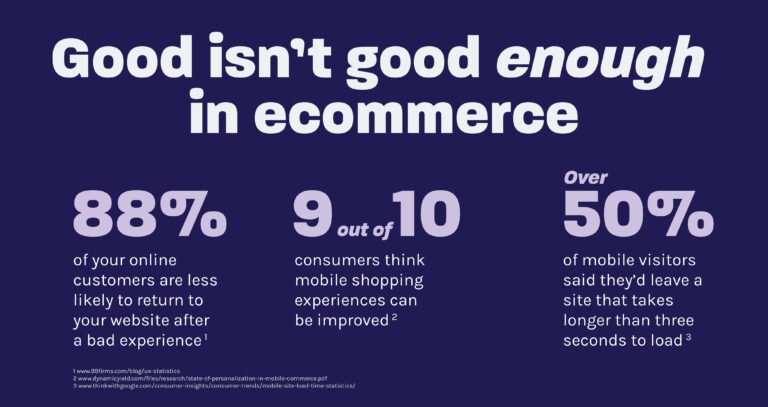Pre-pandemic, most brands delivered the 4Cs using a “one-size-fits-all” model. Post-pandemic, however, brands will need to meet the demand for greater personalization using data to drive more relevant customer interactions. Clearco is the pay-as-you-go pioneer and world largest eCommerce investor offering equity-free capital products tailor-made for founders in all stages of their journey. Investments range from K to M and are designed to help you scale your company while maintaining 100% ownership and control. To say that COVID-19 upended every marketer’s digital strategy would be an understatement. 2021 is now well underway, and as we work towards life post-pandemic, marketers across industries are left wondering whether it’s time to return to their old playbooks.
Every brand’s digital strategy is going to look a little different, but every successful one will involve driving meaningful human connections through storytelling. Of course, it’s not black and white; marketing certainly falls within that fine line between art (brand marketing) and science (performance marketing). That being said, a universal truth to come out of COVID-19 remains clear: bespoke, data-driven experiences that speak to customers’ values are going to win over all. If you can achieve this in 2021, you’re well on your way to redefining a digital strategy that will propel your business to the next level in a post-pandemic world.
New truth #1: Marketing during COVID is about knowing your customer segment.
There was a time where customers would shop with you—either in person or online—in the hopes of finding what they were looking for. These days, customers simply expect that you’ll have what they’re looking for, and if you don’t, the likelihood that you’ll retain that customer drops significantly. So how does this relate to your digital strategy? Additional emphasis should be placed on leveraging customer data and technology when approaching a marketing strategy, both during and post COVID. True, we all knew marketing was important for growth. But the marketing department often came on the chopping block during tough periods in which businesses needed to be leaner. During this past year, however, marketing has been shown to have a huge return on investment and even to be paramount to growth. Without marketing, we cannot understand the zeitgeist of the marketplace, and ultimately, we cannot champion the voice of the consumer. If there’s one key takeaway from the pandemic, it should be that digital strategies are going to lead growth in the future, and prioritizing the perspective of the customer is the best and most effective way to achieve that.
The short answer? No!
New truth #2: Your digital marketing strategy is only as good as your last best customer experience.
It used to be that we talked about agility as a purely technological process; however, COVID-19 created an environment that required marketing teams to embrace a similarly nimble mentality. Companies that were quick to adapt to the widespread changes brought on by the pandemic and other events were the ones who were able to come out of the crisis intact. Unfortunately for many, adapting marketing during COVID didn’t happen quickly enough.
Before the pandemic, marketing efforts were universally centered around knowing your customer. In a post pandemic world, this doesn’t quite cut it.
New truth #3: Customers expect you’ll have exactly what they’re looking for.
- Content: From emails to mobile app experiences, to everything in between
- Commerce: Whether that’s a brick-and-mortar location, e-commerce, or a hybrid model
- Community: Think virtual trade shows, webinars, and social media communities
- Convenience: This includes coupons, deals, and loyal and referral programs
Customer expectations have been rising steadily since before the pandemic, and Gen Z consumers are especially weary of purchasing experiences that aren’t seamlessly integrated into their day-to-day lives. When COVID hit, it put this digital transformation into overdrive, sending consumer expectations through the roof. In 2021, customers across the board are expecting more than a seamless digital transaction: they are looking for anticipatory, personalized, and relevant experiences throughout their entire customer journey.
New truth #4: Agility is integral to your digital strategy.
*This is a guest post by Clearco, the world’s largest eCommerce investor and pay-as-you-grow pioneer. COVID-19 reinforced like no other that brands are required to communicate highly targeted content to a specific set of consumers. This not only means zeroing in on key demographics like age, gender, and location, but also going deeper by taking into consideration your customer’s unique situation and values. Personalized content will be key moving forward, reflecting the individual purchasing behaviours of each brand’s customers. Direct-to-consumer brands will have a leg up on this, having already mastered hyper-personalization by adeptly using customer’s personal data.
One positive to come out of the pandemic is this marketing agility mindset: for all intents and purposes, it’s here to stay. In 2021, we can expect marketing teams across the globe to embrace more agile decision-making. Operationally, this means we can expect faster decision cycles, leading to overall flexibility across areas like media and PR, creative, and budgeting.
New truth #5: Marketing is at the core of every brand’s growth strategy.
While there’s no going back to the old normal, there have certainly been a number of takeaways from the past year that have challenged existing rules about customer journeys and brand building. We’ve put together a list of new truths about digital marketing as we redefine the playbook for 2021 and beyond.
How to Approach Digital Marketing During COVID and Beyond
Remember the good old days when your biggest worries had to do with what your competitors were up to? Gone are the days in which you were competing only with your competitors. Marketing during COVID and beyond now involves competition with the last best experience your customer had.
Customer data, while key prior to the pandemic, is now more important than ever. Consider customers’ skyrocketing expectations; without personalized and relevant data, it would be nearly impossible to stay abreast of their wants and needs. In 2021, good data will allow brands to create engaging shopping experiences across one or more dimensions of the following “Four Cs”:






